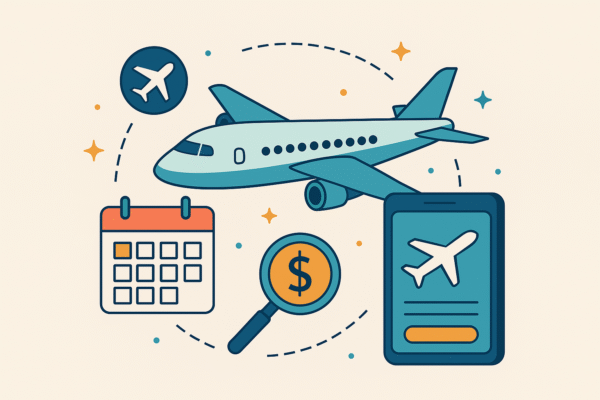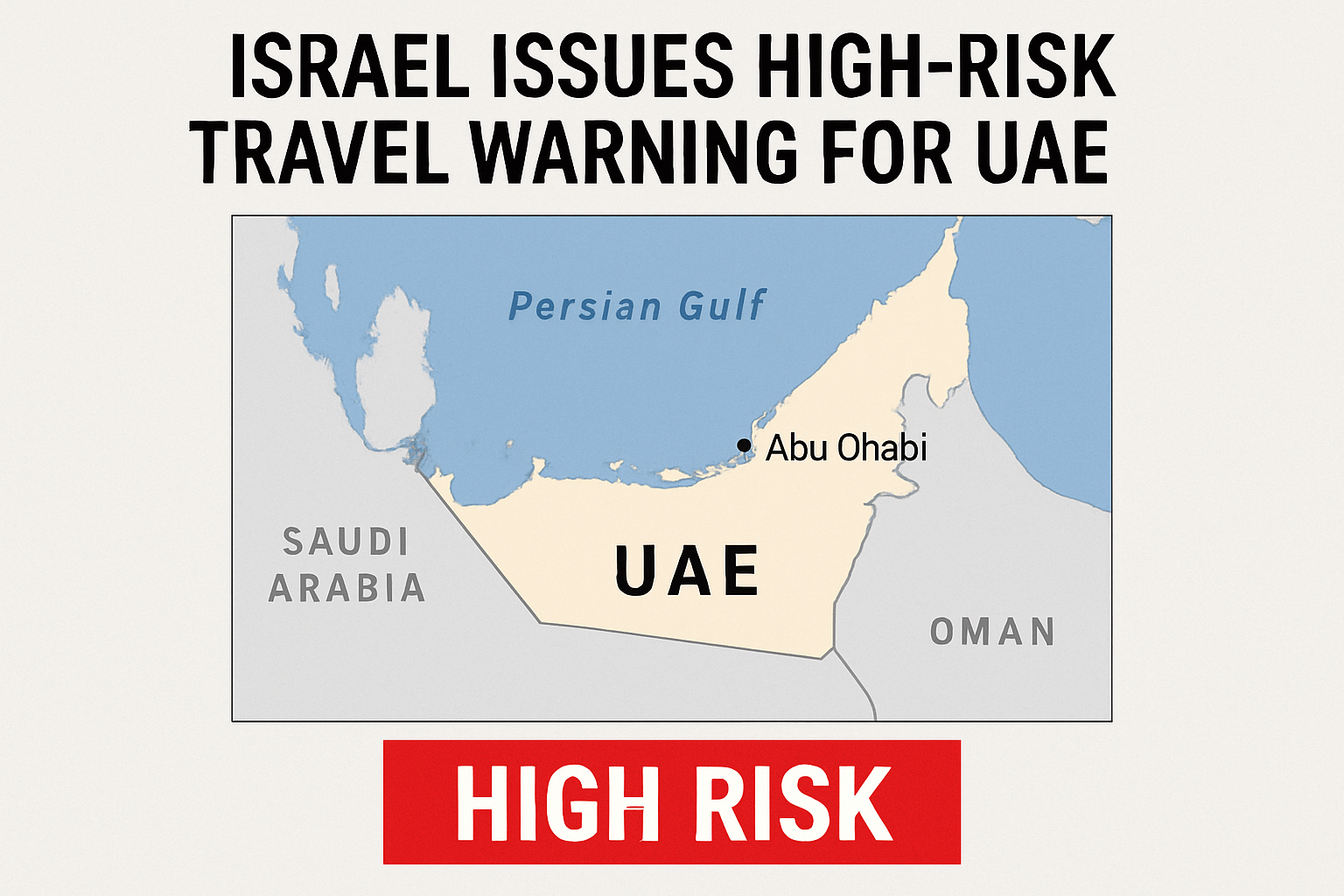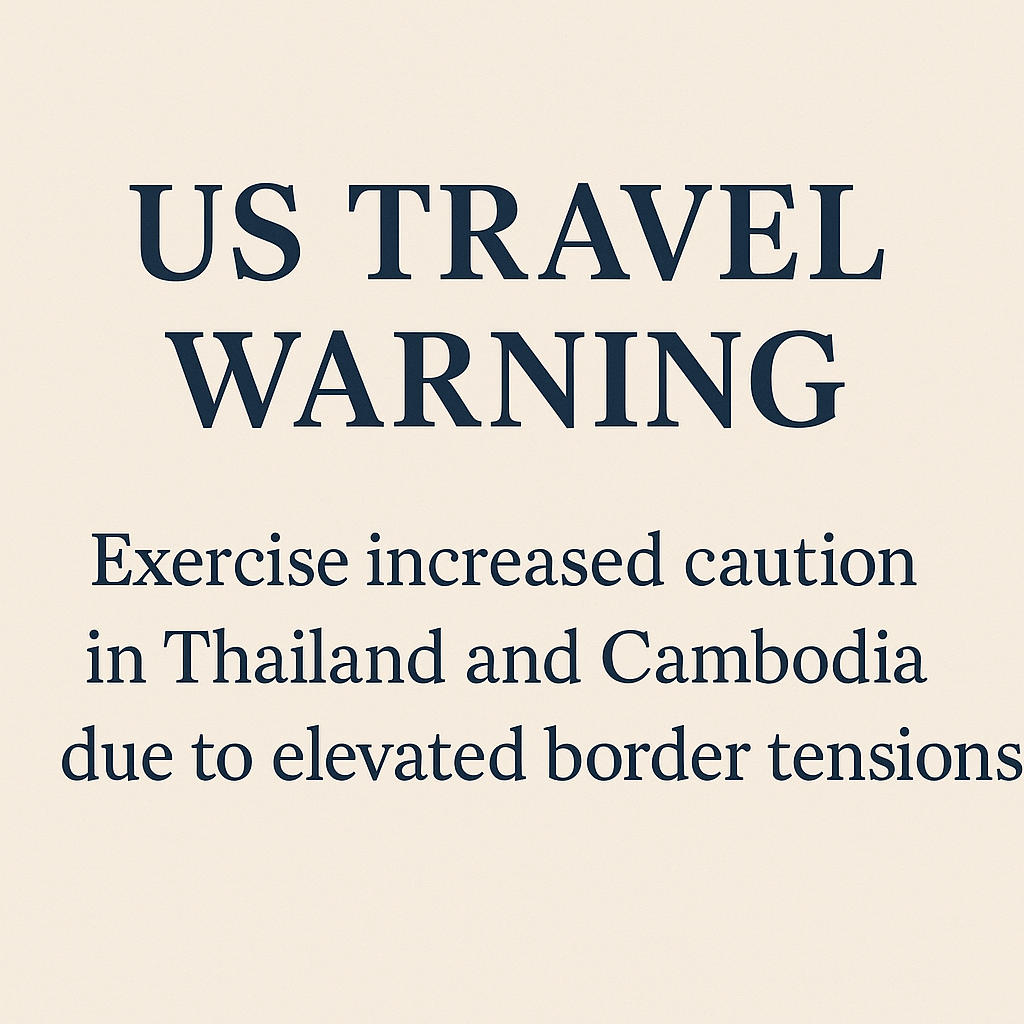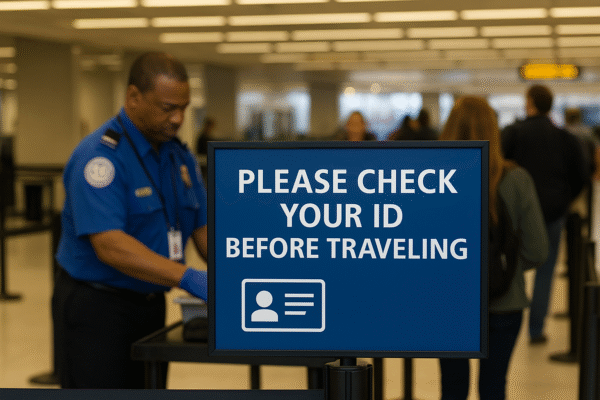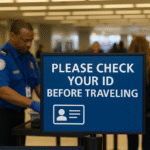Search Engines and Word-of-Mouth Still Rule US and Canada Travel Planning in 2025
Despite the rapid rise of AI tools like ChatGPT, Perplexity, and social media platforms such as TikTok and YouTube, most travelers in the United States and Canada continue to rely on traditional methods—search engines and word-of-mouth—to plan their journeys in 2025.
According to recent data from North American tourism boards and digital behavior studies, over 70% of travelers begin their travel research on search engines such as Google, Bing, Yahoo, and even Yandex. These platforms remain the digital compass for tourists seeking flights, hotels, itineraries, and real reviews.
While Gen Z leads the charge in experimenting with AI and influencer-led travel inspiration, they still revert to search engines for fact-checking and decision-making. It’s a sign that while new tech adds flair and creativity to trip inspiration, trust remains the cornerstone of booking decisions.
Google Still Leads, but Bing and AI Are Catching Up
Google continues to be the primary travel planning tool, holding more than 85% market share in both the US and Canada. It offers instant, relevant, and multi-source search results—from blogs and tourism boards to hotel booking engines and maps.
However, Microsoft Bing has made noticeable gains with its integration of AI-powered search via Copilot. This feature allows travelers to ask complex questions like “What’s the best time to visit Vancouver on a budget?” and receive AI-compiled results with booking links and local insights.
Meanwhile, AI-generated summaries on Google and tools like Perplexity AI are changing how users engage with travel content, though adoption is still limited. As of mid-2025, only 9% of travelers report using AI as their primary travel planning assistant.
Word-of-Mouth Remains a Gold Standard
Whether it’s a friend’s recommendation about a beach in Florida or a cousin’s tips for navigating Toronto, word-of-mouth is still the most trusted form of travel advice in North America.
A 2025 survey by Destination Canada found that 55% of Canadians and 50% of Americans based their travel decisions on advice from personal connections. This remains stronger than social media influence or paid advertisements.
Word-of-mouth now exists in both offline conversations and digital reviews, making it essential for travel businesses to encourage happy guests to share their stories across platforms like Google Reviews, TripAdvisor, and Facebook.
Social Media Influences, but Doesn’t Lead
Platforms like TikTok, Instagram, and YouTube are major sources of travel inspiration, particularly among Gen Z and millennials. A scenic video of Niagara Falls or a foodie reel from New York City can spark interest instantly.
However, most users treat these platforms as starting points rather than final booking tools. Only 41% of Gen Z travelers in Canada and the US report that they start trip planning on social platforms. The rest use them for inspiration, before heading to search engines for real logistics—like routes, accommodations, and prices.
AI Tools Show Promise But Lag in Trust
AI-driven travel tools like ChatGPT, Google SGE (Search Generative Experience), and Perplexity are shaping a new layer of travel research. These tools offer itinerary suggestions, travel tips, and even cultural norms at lightning speed.
But trust remains a barrier. Many travelers hesitate to book flights or hotels based purely on AI recommendations. Instead, they use these tools in combination with search engines and personal advice. The result is a blended approach to travel planning.
Travel Planning in the US vs. Canada: Small But Notable Differences
- US travelers are more likely to use Google Flights and AI-based tools.
- Canadian travelers tend to prioritize family opinions before booking international trips.
- Gen Z in Canada uses social media more passively, often focusing on inspiration rather than action.
- American Gen Z users follow more travel influencers but still validate decisions through Google and reviews.
The Role of Travel Apps and Booking Engines
Apps like Expedia, Skyscanner, and Hopper continue to be important for comparing travel prices, but their usage has declined to fifth place among travel planning tools. Many users access these platforms directly via search engine results instead of opening the app.
This behavior underscores the fact that visibility on search engines is still critical for travel companies aiming to capture new bookings.
What Travel Businesses Should Do in 2025
- Strengthen SEO Presence
Use location-based keywords like “budget hotels in Toronto” or “family-friendly tours Niagara Falls” to appear in relevant searches. - Leverage User Reviews
Encourage satisfied guests to leave reviews on trusted platforms to fuel digital word-of-mouth. - Create Authentic Content
Publish blogs, how-to guides, and local tips to establish trust and improve discoverability. - Be Active on Social Media
Use Instagram Reels, YouTube Shorts, and TikTok to inspire—but always link back to your site for bookings. - Experiment with AI
Offer AI chatbots or use AI to personalize offers, but don’t fully replace human support.
Conclusion: Search + Trust = The Winning Formula
In 2025, despite the rise of digital novelties and viral travel trends, US and Canadian travelers still value trust, convenience, and clarity. They begin with search engines, validate with word-of-mouth, and then explore social media and AI for extra value.
The future of travel planning is hybrid—blending traditional methods with modern tools to create informed, inspired, and trustworthy journeys across North America.
For more travel news like this, keep reading Global Travel Wire


